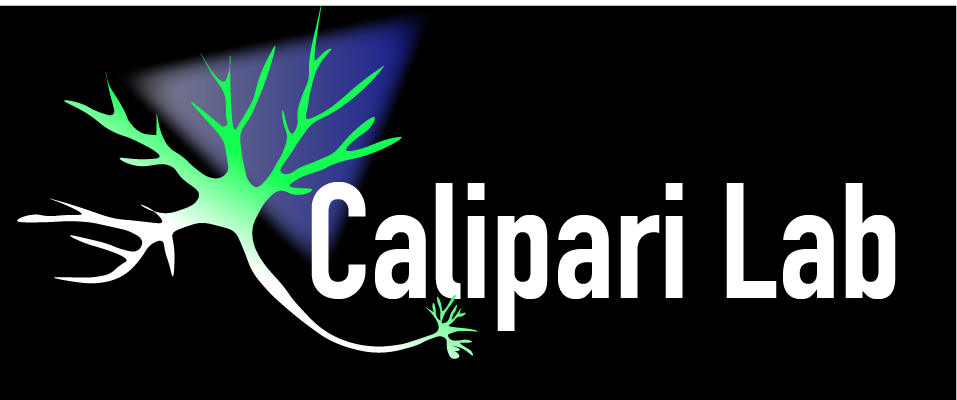Our Vision
Our research seeks to characterize and modulate the precise circuits in the brain that underlie both adaptive and maladaptive processes in reward, motivation, and associative learning, to develop improved treatments for complex and devastating psychiatric disorders.
Research Goals
Defining the neural dysfunction that underlies psychiatric disease.
Our research is guided by two overarching questions:
1. How do neural circuits integrate experiences with positive and negative stimuli to guide future behavior?
2. What are the molecular dysregulations that drive maladaptation in these processes?
One of the most fundamental forms of learning is the ability to associate positive and negative stimuli with cues that predict their occurrence. The ability to seek out rewarding stimuli and avoid negative stimuli is critical to survival and is evolutionarily conserved across species. Organisms achieve this by assigning value to cues that predict these stimuli; however, dysregulation of these processes can precipitate a number of psychiatric disease states, including anxiety, depression, substance use disorder, among others. Learning about environmental stimuli is a complex process controlled by a computational network of neural connections interacting with transcriptional and molecular mechanisms within each cell to precisely guide neuronal activity and behavior. The interplay between rapid, temporally specific neuronal activation and longer-term changes in transcription is of critical importance in the expression of appropriate or, in the case of disease, inappropriate behaviors. Together, my research seeks to understand how information is encoded in the brain. By integrating and developing technologies that allow us to approach this question from the behavioral, circuit, local microcircuit, and molecular level we focus on understanding how adaptive and maladaptive processes in reward, motivation, and associative learning are regulated and dysregulated in disease.




